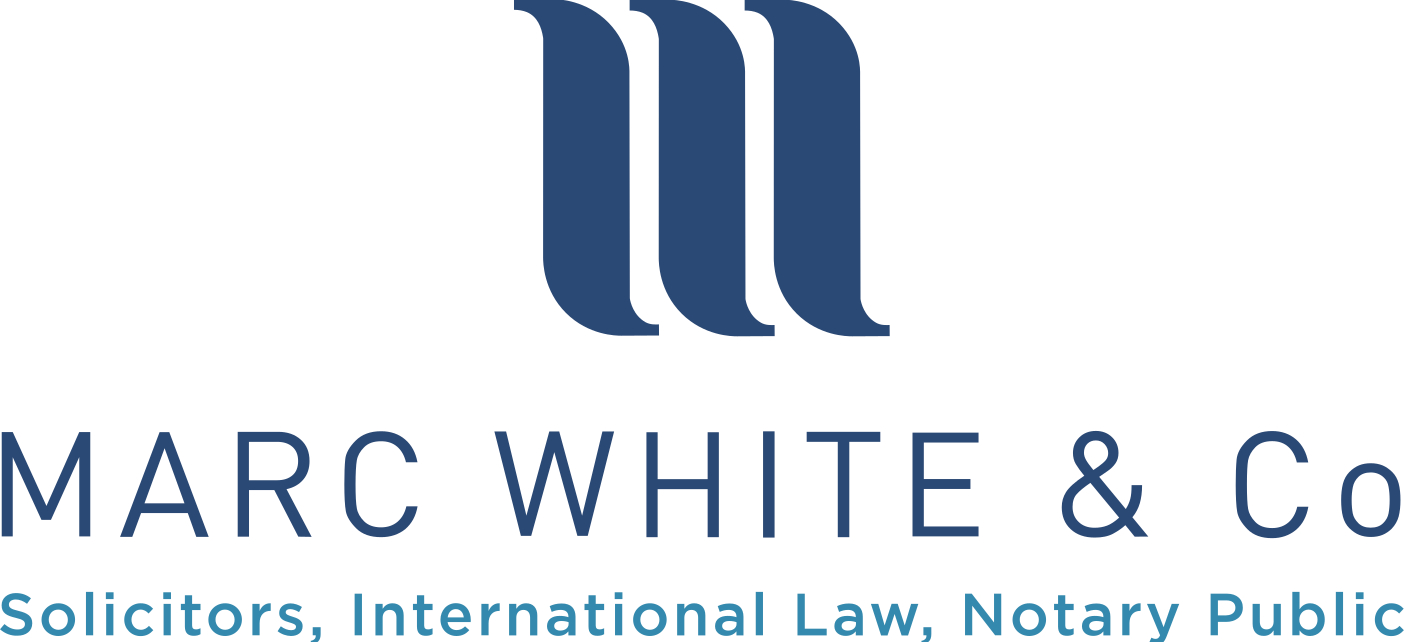For many UK residents, buying a home in France is a lifelong dream, but it’s also a process with strict legal formalities. From contracts and Notaries to taxes and inheritance rules, French law has specific requirements that can easily catch buyers out.
At Marc White & Co., our team of French lawyers in the UK helps clients navigate each stage, ensuring transactions are completed smoothly and recognised in both countries.
The Preliminary Contract: More Than Just a Signature
The first step in most French property purchases is the compromis de vente, or preliminary contract (sometimes also taking the form of a promesse de vente). Unlike in the UK, this contract is legally binding once signed. Many UK clients mistakenly assume it’s a “reservation” rather than a full legal agreement.
Having a French lawyer review the document before signing is essential, as this is where key details such as price, completion date, and conditions are set. Errors or omissions at this stage can be difficult — and expensive — to fix later.
Due Diligence: Checking More Than the Property
Under French law, the Notary is responsible for carrying out searches and checks on the property, but this doesn’t always cover the full picture. Issues such as planning permissions, rights of way, or hidden ownership structures can still cause problems.
This is where independent advice from French lawyers in the UK makes a difference. By coordinating with local professionals, they ensure you fully understand the property’s legal status before committing.
For those considering the longer-term costs of ownership, it’s also important to factor in French property taxes, such as the taxe foncière — explained in detail in our blog on owning a property in France and understanding the taxe foncière.
The Role of the Notary in French Property Transactions
In France, all property transactions must be finalised before a Notary. The Notary’s role is impartial, ensuring the transaction complies with French law and that taxes are correctly paid. However, the Notary does not act for the buyer in the same way a solicitor would in the UK.
This is why many clients choose to work with a French lawyer alongside the Notary — to provide independent advice, check the terms of the transaction, and explain everything clearly in English. For cross-border estates, this also ensures the purchase aligns with wider inheritance planning, something we explored further in our article on the role of French lawyers in international estates.
Registration and Final Formalities
Once signed before the Notary, the deed of sale must be registered with the French land registry. This process can take several months, during which time the buyer is already responsible for property taxes and obligations.
Working with French lawyers in the UK ensures these responsibilities are explained clearly, including how they interact with your obligations in the UK. This avoids unexpected bills or administrative issues after completion.
FAQs About Buying Property in France
Do I need a French lawyer to buy property in France?
While not mandatory, working with a French lawyer in the UK ensures you receive independent advice, avoid common mistakes, and fully understand the transaction.
What is the difference between a Notary and a French lawyer?
The Notary oversees the legality of the transaction but does not represent the buyer’s interests. A French lawyer provides tailored advice and safeguards your position.
Can I complete a French property purchase from the UK?
Yes. With the right powers of attorney and notarised documents, many transactions can be completed remotely, coordinated by French lawyers in the UK.
What taxes do I need to be aware of?
Buyers should factor in Notary fees, registration costs, and ongoing taxes such as the taxe foncière.
Get Legal Support for Your French Property Purchase
Buying a property in France is a major step, but with the right guidance it doesn’t need to be overwhelming. At Marc White & Co., our experienced French lawyers help UK clients complete transactions smoothly, ensuring compliance with French law and peace of mind throughout the process.
Contact us today to discuss your plans and get tailored advice.


